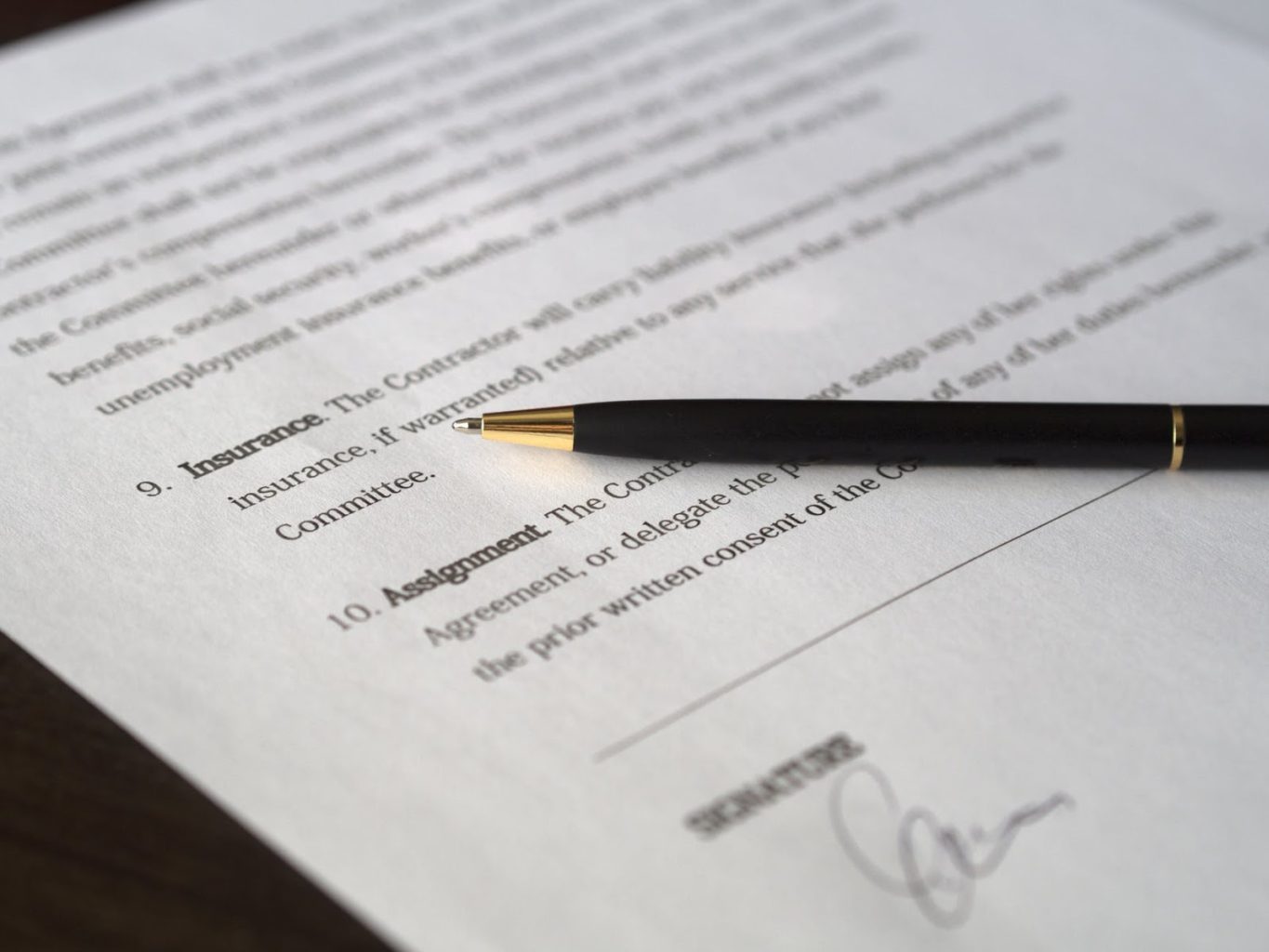When a child is born to married parents, things are somewhat simple. Either one or both of them usually register the child’s name on the birth certificate. The surname is the name by which the actual family unit is recognized, and it is common for children to take their father’s surname. That is, except the mother suggests a different surname, and the father agrees to this.
However, with unmarried fathers, things are a bit different. They don’t have to register the birth of their children and don’t have an independent right to have their names on the child’s birth certificate. If an unmarried mother wishes to enter the father’s name, that’s only possible if they both agree, and sign the register, each gives a sworn statement, or they have an appropriate court order.
In the event of a divorce, children tend to keep their current surname. When you have a stepfamily, there may be some children that have different surnames. In this case, it’s fairly common for the parent and stepparent to want everyone in the family to have the same surname. So, if this is the case, how would you go about changing surname?
What does the law say?
The first thing you’ll want to know is that you can’t just change your child’s last name when you set up a new partnership or remarry. It is up to the court to decide whether or not changing the surname is in the child’s best interest. An application is usually successful only when you have everyone with parental rights give their written consent.
To add to that, a parent, whether it’s a mother or a father, can’t change the child’s surname by themselves, unless they’re the only person that has parental responsibility. Even if that is the case, if the other parent objects, you should have a Court Order.

Copyright: Pexels | CC0 Public Domain
You should also know that the child’s age also plays a role in this situation. If you have a child that’s under 16 years old, they don’t really have any legal obligations. However, it would still be wise to talk to them about the situation, and see what they think. However, if they’re between 16 and 18 years old, you will also need their consent in order to change their surname.
So, how do you change your child’s last name?
When it comes to the first name, you can effectively change it by common usage. However, this only relates to first names and isn’t legally enforceable. If you want formal proof, you’ll want to make a statutory declaration in front of a solicitor that confirms the change of surname. This usually does it for banks and any legal offices as well.
The way to go, however, if you want the change of surname to be completely legally recognized, is for the person who has parental responsibility to execute a deed poll. A deed poll is a legal document that has personal information about the child. As mentioned, if the child is between 16 and 18 years old, they’ll need to sign the deed poll as evidence of consent. The deed poll is later on advertised in the London Gazette by the Court.

Copyright: Pexels | CC0 Public Domain
A thing to note that in England & Wales, there’s a procedure known as enrolment. This means that a deed poll is placed in the Royal Courts of Justice for safekeeping. This is not a requirement, as government bodies from the likes of the passport office, DVLA, etc., will accept both unenrolled and enrolled deed polls. The enrolment process doesn’t impact how legally recognized the deed poll is. It is nothing more than making a safe public record of your name change, and it is completely optional.
When you’re changing your child’s surname, you’ll want the deed poll, and you’ll need it accompanied by the birth certificate of the child, as well as a declaration that was sworn by a third party. The declaration will formally identify the child and must state for how long that person has known the child, as well as his or her parents. You should also have an affidavit. This is a solemn promise that you are changing the child’s name for the child’s benefit.
Wrapping things up
Changing your child’s surname isn’t a small thing. It doesn’t only affect your child, it also affects the father’s feelings if the child stops using their surname, and chances are it will affect grandparents and other relatives.
You may even end up with a child that resents the change of name later on in life and wants to change back their name. In any case, make sure you realize all the implications before you proceed with the name change.
This is a contributed post and therefore may not represent the views and opinions of this blog or its author.



